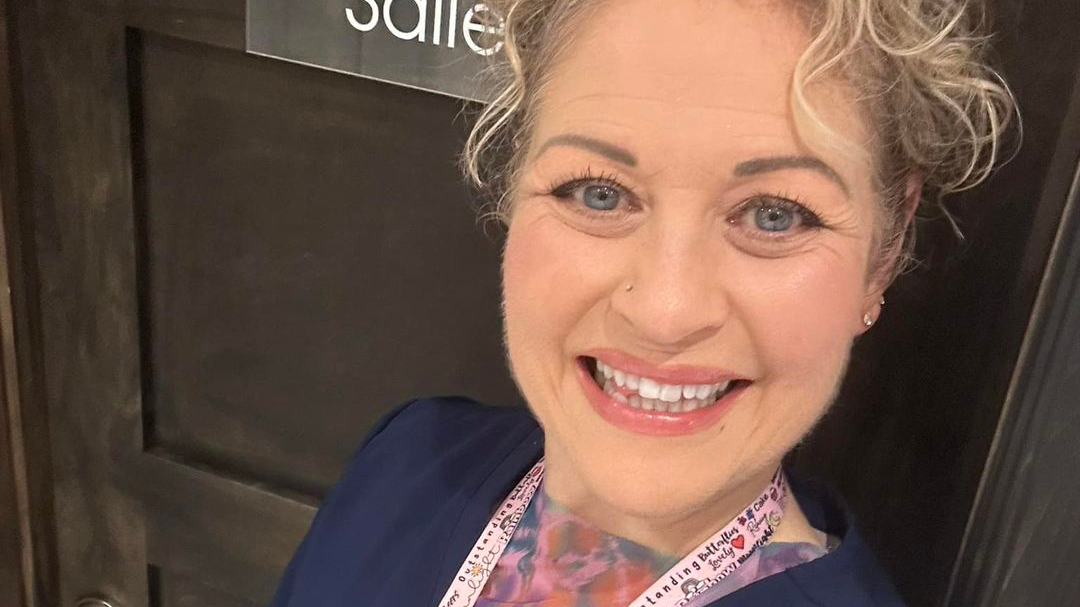A French parliamentary commission of inquiry is calling for sweeping reforms of medical devices regulation in France and across Europe, branding the current system “massively dysfunctional.”
In a blistering 97-page report endorsed on March 6, the Specially Convened Commission on Medical Devices advocated 36 separate reforms, including the creation of a centralized European agency to approve high-risk devices before sale and the establishment of a laboratory to investigate implants after they have been extracted – many of them after failing.
The report said that “essential improvements” require strengthening existing European regulations for vetting devices before they come on the market and also – at a national level – reinforcing oversight measures once approved.
The two-person commission, French parliamentarians Julien Borowczyk and Pierre Dharréville, offered particularly scathing criticism of device-approval controls now in place across Europe and the potential conflicts of interest in the device approval process, which relies on so-called Notified Bodies, mostly private firms that are paid by device manufacturers themselves.
“The essential place entrusted to these audit bodies … has led to a complete bankruptcy of the health control system for placing [devices] on the market,” the report said.
The commissioners said that the current regulatory regime has never been robust enough to resist the influence of profit-driven device manufacturers intent on speeding products to market even in cases where testing could have been more robust.
“This balance between the manufacturer’s … impulse and the ability of the regulator to counter it, where it poses health safety risks, is probably at the root of the now well-known failures of the control system,” the report said, adding that the current regime “has not undergone a fundamental change, despite successive reforms.”
As a solution, the Commission produced a range of options, including transferring responsibility for assessing high-risk devices, including implants, to a new department within the European Medicines Agency “on an equal footing” with the EMA’s work regulating drugs.
Such a centralized agency, which echoes the system in the United States in which the Food and Drug Administration is the sole authority over device approval, has been proposed over the years by reform advocates both at the European Commission and the European Parliament. As the International Consortium of Investigative Journalists reported, the idea was strenuously opposed by industry lobbyists, sometimes using misleading claims, and ultimately defeated.
The commission of inquiry was convened by the country’s Commission on Social Affairs last Dec. 19 to “take stock” of medical device regulation in the wake of the Implant Files, a year-long investigative collaboration into the device industry published starting Nov. 25 and led by ICIJ and involving more than 250 journalists from 36 countries.
ICIJ’s French partners, Cash Investigation, Radio France and Le Monde, revealed serious problems at all levels of device regulation in France and elsewhere.
A delegation of journalists who had worked on the Implant Files was among the groups who appeared before the commission. The body also heard from health regulators and representatives from manufacturers, notified bodies, victims groups and others.
Although such parliamentary fact-finding bodies cannot compel anyone to testify, cooperation is usually given and their work is considered an effective way of gathering information quickly. Conclusions reached by commissions of inquiry are considered likely to influence future government actions. The findings were published ahead of the French parliament’s annual debate on health policy.
The commission didn’t name any manufacturer or product. In February, however, an expert committee convened by French health authorities called for a ban on Biocell breast implants made by Allergan Plc over links to a rare form of cancer.
On March 10, another ICIJ partner, The Guardian, reported that a group of more than 200 women are considering legal action over the Allergan implants, which were taken off European markets in December after France declined to renew the product’s certification. The women claim they were not sufficiently informed of the risks involved.







